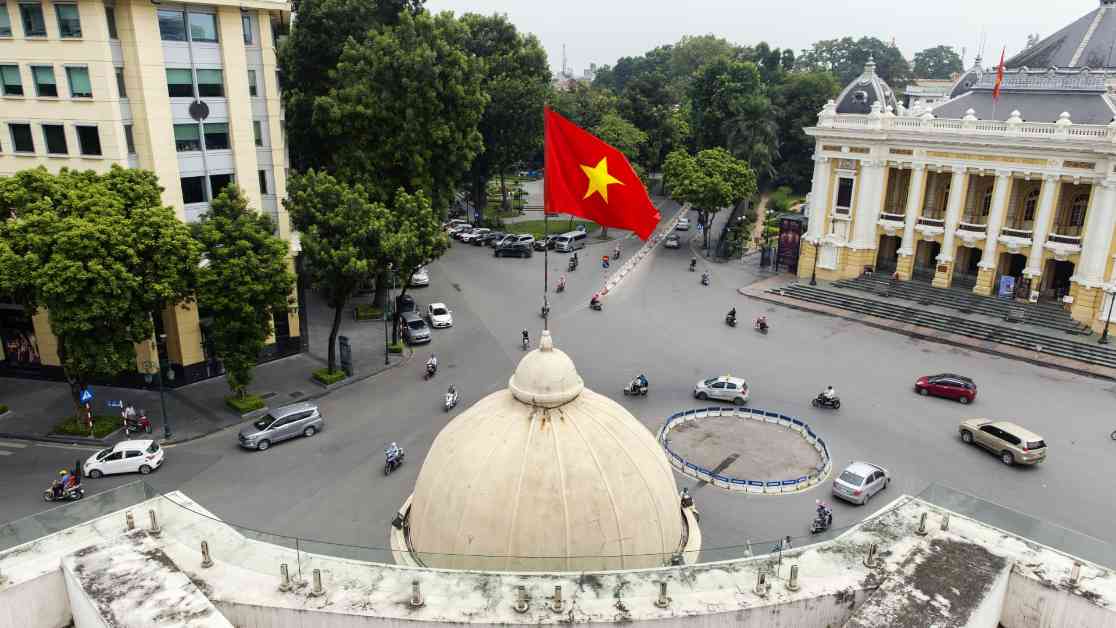Vietnam’s journey towards emerging market status has been a long one, but it seems that the country is on the brink of achieving this milestone. With its current frontier market classification, Vietnam has been on the FTSE emerging market watchlist since 2018. The recent confirmation from FTSE Russell that Vietnam remains on the watchlist is a positive sign for the country’s financial market.
The Vietnamese government has been actively supporting market reforms, and FTSE Russell has recommended more engagement between local authorities and foreign investors. An upgrade to emerging market status could potentially attract billions of dollars in global funds into Vietnam’s financial market, which currently stands at a market value just over $200 billion.
Maybank Investment Bank Vietnam’s Head of Equity Research, Thanh Quan Trong, believes that Vietnam could achieve emerging market status as early as September 2025. This target aligns with Vietnam’s Prime Minister Pham Minh Chinh’s goal, with FTSE Russell advising the country to continue its pace of reforms to meet the deadline.
In terms of economic growth, Vietnam is projected to see a GDP growth of at least 6.2% next year, with the World Bank forecasting a 6.5% growth in 2025. The country’s Institute for Economic and Research Policy anticipates a 7.4% GDP growth in the fourth quarter of 2024, meeting the government’s target of 7%.
Vietnam’s focus on developing its chip capabilities is seen as a strategic move, especially in the context of global demand for semiconductors. The country aims to become ASEAN’s hub for AI research and development by 2030 and has already attracted significant investments from South Korean manufacturers.
Despite internal political challenges, Vietnam has benefited from the trade tensions between the U.S. and China, positioning itself as a key player in the global manufacturing supply chain. The country’s geographical advantage and numerous free trade agreements have made it an attractive destination for foreign investment.
However, Vietnam still faces challenges such as a shortage of skilled labor and infrastructure concerns, particularly related to the stability of its power supply. The government’s crackdown on corruption, while necessary, has caused some short-term turbulence, but is expected to have long-term benefits for the country.
In conclusion, Vietnam’s prospects for achieving emerging market status are promising, with the country’s economic growth and strategic investments in key industries setting a positive trajectory. While challenges remain, Vietnam’s position in the global supply chain and its focus on reform and development are likely to drive continued growth and investment in the years to come.
